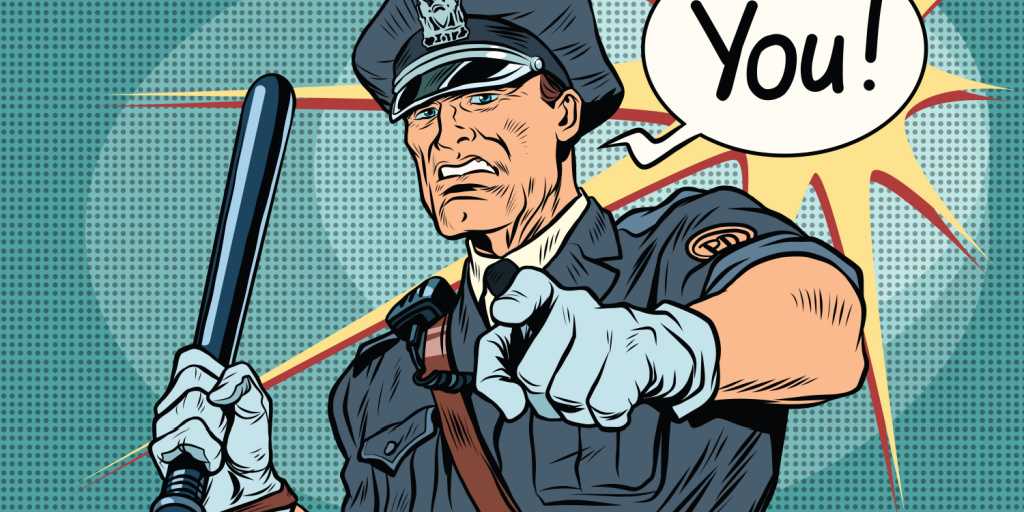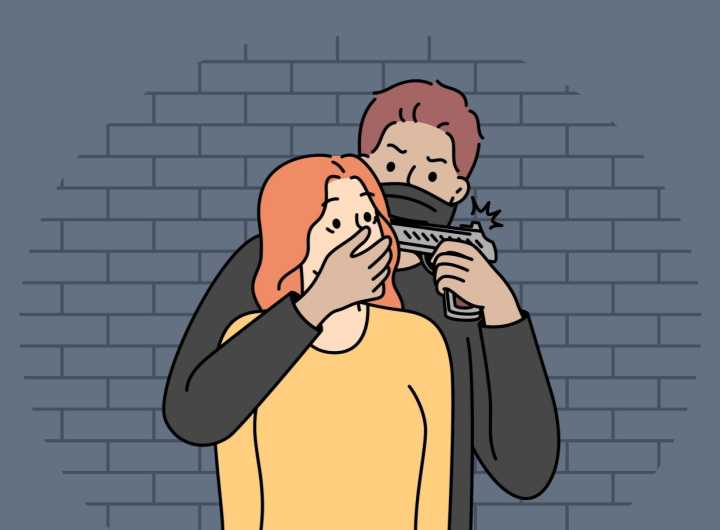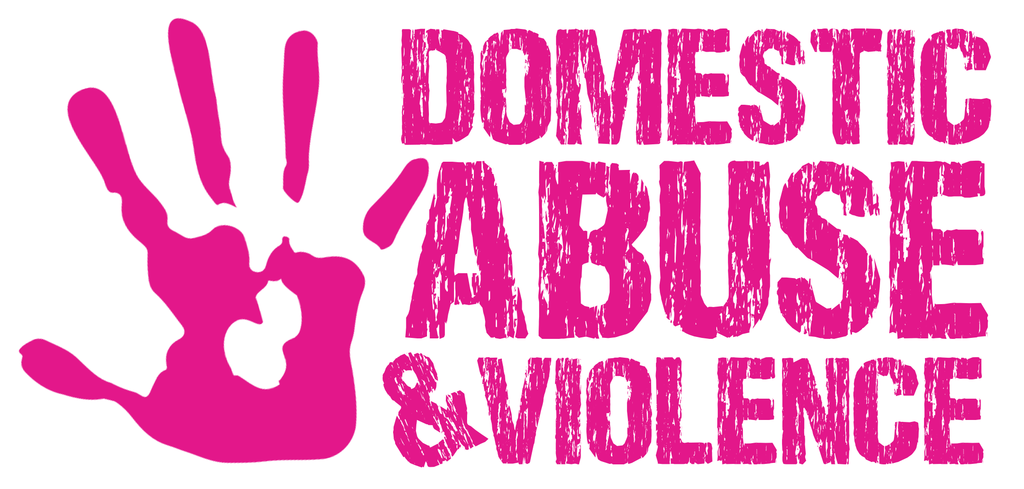How to Choose a Criminal Defense Lawyer?
Trial lawyers, of which criminal defense attorneys are a special sub-class, are known, among other things, for flaunting fine suits. When you choose a criminal defense lawyer, however, my suggestion is that you look beyond his “thread count” and try to determine what kind of cloth he (or she) is actually made of.
Introduction
For those of you who are charged with crimes, many say that the single most important decision you will make is which criminal defense lawyer to hire. And it’s true: the choice of criminal defense lawyer can be critical to the outcome. Because there are thousands of criminal defense lawyers (10% of all law school graduates will practice criminal law at some point), many advertising visibly, some making aggressive and hyperbolic claims, I thought it might be helpful to provide you with a short list of few specific things to inquire about.
How’d They Fare in Law School
As of 2014 the American Bar Association listed 205 “accredited” law schools. And US News and World Report, and other publications, rank almost all the those schools annually, although these rankings change from year to year (and it’s not always quite clear what the precise factors are for the exact ranking and why it changes). While there are many good lawyers who graduated from either unaccredited, poorly ranked, or unranked law schools, it is fair to ask: Where did the prospective lawyer attend law school and how did he or she do? While not everyone has to go to Harvard or Yale to make it in the legal professions (and the vast majority of top lawyers of course do not) knowing where they went and how they did is something you might inquire about, even if it was decades earlier.
Law School Honors and Grades
Of course, law schools not only get ranked: they do their own ranking, as well. Almost all law schools ( less a few notable exceptions like Boalt Hall) rank all their students from top to bottom. And do so right from the first semester on.
While many good lawyers emerge from the bottom quartile of their class, some do not. Note that law school student class rankings (a fitting introduction to a profession based directly on competition) are based, fairly or not, entirely on measured academic performance.
And academic performance in law school, arguably is at least mildly suggestive not only of intellectual ability, but of success as a lawyer. Lawyers have to be able to think, write and speak, sometimes under incredible pressure. This is especially so for what is arguably one of the most directly competitive and difficult of all the legal professions criminal defense litigation. Therefore, all other things being equal you might want to determine if the lawyer was a straight “A” law student (or at least a solid “B” student), or one who barely squeaked by.
Law Review & Other Law School Awards & Honors
One thing that is true about all lawyers that I mentioned above: They all have to know how to write. No matter what they do in law, a lawyer writes every day. And this is particularly true of criminal defense lawyers, where the outcome of a case can depend on the quality of their legal writing and analysis. My Publications
Fortunately, law students, as tradition stands, have several golden and competitive opportunities to distinguish themselves in legal writing. First among them is Law Review.
Every accredited law school in the United States now publishes at least one academic quarterly, known as a Law Review or Journal. These publications are special because they are operated and edited entirely, and written in part, by select law students. That’s right: the Editor-in-Chief of the local Law Review is a third year student (a “3L” ). And nearly every law school in the nation hosts annual competitions, a veritable rite of spring, for exhausted and stressed first year law students (called collectively “1L’s”) to either “write on” or “grade on”(or both) to their school’s Law Review or other Journals.
To be chosen for one of these Law Reviews or Journals is not just a resume line, it actually improves legal writing during formative years. At minimum, this requires, mainly during the second and third years, hundreds of painful hours in the library or at the computer, crafting and editing what is at the heart of almost all academic writing: hundreds of footnotes. This painful process of producing a full length fundamentally footnoted article, a few of which are formally published, and interminably editing many of those written, for better or for worse, by law professors, advances legal writing skills. And does so in a way you never forget. Once again, while there are many good lawyers who weren’t on Law Review, this is, at the least, another relevant inquiry and demarcation.
Professional Awards & Honors
Every few weeks or so it seems, I get a new unsolicited solicitation from an organization with the word “National” in it, but that I’ve never heard of, telling me that I’ve been “selected” as a “top lawyer” for a special national listing (the address of the organizations are for some reason in places like “Dothan, Alabama”). But it’s not automatic: For a small annual fee, I am told I can be listed with other “top attorneys” and receive a beautiful complimentary plaque. Of course the package comes with a standard or “premium” internet listing which will, they claim, vastly improve our firm website’s SEO rankings (Search Engine Optimization). I almost always decline.
Lawyer awards, these days it seems, like lawyers themselves, can be composed almost entirely of commercial puffery. So when you’re looking at lawyers to hire, it’s fair to discern whether they’ve been bestowed an actual recognized honor, or one they paid for.
Martindale Hubbell Ratings & Best Lawyers
The Martindale-Hubbell Law Directory, recognized as a benchmark, has been published annually in the United States since 1931 (the predecessor known as the Martindale Directory was first published in 1868). Martindale-Hubbell, as part of its listing service, attempts to rate, with some exceptions, the large majority of private sector attorneys in the United States who have been practicing five years or more (In its day it was considered a monumental undertaking, on the scale of “Google Maps”). Not surprisingly, it’s a massive directory, with something like a million lawyers in it (not all of them have published ratings, though). And, like Google, Martindale-Hubbell does its work ostensibly for free. Their ratings, “ C-V,” “ B-V,” or “A-V,” are nominally neutral and based entirely on evaluations from established lawyers and the judiciary. “A-V,” the highest rating, is reserved for those at the top of their fields, considered “preeminent.”
Note that there are many good “B-V” rated criminal defense lawyers out there (I refer cases to them often), but also note that lawyers can suppress their own Martindale-Hubbell ratings. In short, a putatively experienced private lawyer in the United States with no published Martindale-Hubbell rating merits at least a question, if not a raised eyebrow, from a prospective client.
Similarly, the ballyhooed Best Lawyers® Directory, like Martindale-Hubbell vets and names the chosen few to its annual directory, at no ostensible cost. The Best Lawyers in America® Directory lists the chosen in a variety of chosen fields, three of which are reserved exclusively for Criminal Defense: “Criminal Defense: White Collar,” “Criminal Defense: Non-White Collar,” (a curious taxonomy as it describes a class in the negative—like the librarian’s classification of “fiction” vs. “Non-Fiction”) and “Criminal Defense: DUI.”
To be chosen for Best Lawyers® is a hallmark: Usually only the most prominent of the “A-V” rated lawyers practicing for many years make the cut. In short, you can’t buy either a listing in Best Lawyers® or an “A-V” rating from Martindale-Hubbell. You earn them both.
And while there are many fine lawyers out there who are not listed in Best Lawyers®, finding one who is can sometimes be a good thing.
Former Prosecutors & Other Public Servants
Almost all successful private criminal defense attorneys started their careers, or at least worked early in them, at either a prosecutor’s or public defender’s office. Such training, especially in formative years, is invaluable and largely irreplaceable. While there are many fine criminal defense attorneys who never worked as prosecutors, and a few who never practiced criminal law in the public sector, prior experience as a prosecutor, even for a short time, can give a criminal defense lawyer a perspective some of his colleagues may not have garnered.
Since upwards of 90% of all criminal matters are resolved through negotiated settlements (plea bargains), a criminal defense lawyer has to know not only how to write a “brief” (although these legal documents, as they are called, are seldom actually “brief” at all), or try a case, but know how to negotiate. And I mean negotiate, not just with any person, but with the prosecutor assigned to your case.
Sometimes criminal defense lawyers who had formerly been prosecutors can more easily place themselves in the shoes of the assigned prosecutor, and as a result more easily forge a relationship with him or her. This can be, but is not always, beneficial. On the whole, however, all other things being equal, a criminal defense attorney with some prior experience as a prosecutor is often a plus.
Good People are Busy People
One of my graduate school teachers, a model of frenetic efficiency, who served simultaneously as editor-in-chief of an important academic journal, while also teaching graduate courses full-time, once said to me: “If you want to get something done, ask a busy person.”
And it’s true: Busy people, especially in the world of private sector law, are busy because they are in demand. Demand by private clients. They are almost always, by necessity, efficient, courteous, and successful. And they almost always are engaging and focused, even during your brief meeting with them.
But remember this: The vast majority of criminal defense lawyers, including the so-called “private” ones, actually derive a significant if not majority portion of their living incomes, not through paid engagments with private clients, but through ubiquitous state and federal government “contracts.” Since March 1963 when the United States Supreme Court delivered its landmark decision Gideon v. Wainright 372 U.S. 335, which established the right to free counsel for the indigent criminally accused, these contracts have come to dominate criminal defense in most parts of the United States, assisting, and in some cases supplanting, dangerously overtaxed public defender offices.
In fact, in any given jurisdiction there are relatively few well known private criminal defense attorneys, maybe a handful or two in smaller cities, who make the entirety of their livings from privately retained criminal defense clients.
It is a stated duty for members of the bar to provide some indigent services during the course of a year. And many fine criminal defense lawyers fulfill that obligation through their annual participation in the National Federal Criminal Justice Act Panel (CJA), providing representation to the federally criminally accused in the United States District Courts and Courts of Appeal, albeit at a reduced rate, paid for by Uncle Sam.
And many other good, and a few great, lawyers fulfill their duties by providing astonishingly committed representation in the overtaxed and impecunious state indigent systems, especially in homicides and other significant felonies.
But there is a big difference between a lawyer who seems frenetically busy because he or she has 53 currently pending appointed cases (and two retained ones), and a lawyer who is in high demand by private clients. So it is only fair to ascertain, not only whether they serve on the CJA panel, but what rough proportion, if any, of the lawyer’s income is derived from, or caseload is comprised of, privately retained criminal cases.
The Special Bond Between the Lawyer and his Client
We see people in some of the worst moments in their lives. Being charged criminally is a terrifying experience; it changes lives irrevocably: Entire careers are ruined, long-standing marriages fall apart, people with no prior criminal records go to jail or sometimes prison.
Clients look, and rightfully so, to their criminal defense attorney as someone who can save them. As such, all successful criminal defense attorneys form a bond with their client, and his family, one that lasts not only for the duration of the case, but sometimes years, or decades, after.
If you’ve been referred to the lawyer by a friend, or read any published public reviews of the lawyer (not website “testimonials” but independently published reviews), listen to what people say about the lawyer, not only as an advocate, but as a person: Did the lawyer listen? Did he make them feel comfortable? Was he or she likeable?
Does the Lawyer Like (or Love) his Job?
Finally, one more attribute that’s worth mentioning ( but which is sometimes overlooked): almost all really good criminal defense attorneys Love their job. Not just like. But Love.
There’s easier ways, they say, to make a living in law than as a criminal defense attorney. Many consider criminal defense not only one of the most stressful professions in law, but one of the most stressful professions period. And it should be: after all, we are dealing with people’s lives.
Early in my career a prominent and highly seasoned criminal defense attorney helped me on a white collar case. At the conclusion, he said to me over lunch: “Mike, this profession doesn’t get any less stressful, even after 30 years, if you still care.” This attorney, someone I admired immensely then, and even more so today, clearly loved his job. That’s all he did. Criminal Defense. Purely. Thirty years of it.
Therefore, when looking for a criminal defense attorney, it’s fair, indeed important, for you to determine whether he or she is someone who loves his or her job. You will be able to tell it, right at the first meeting, or even on the initial telephone call, by the way they ask questions, the way they engage you and your family, the way they listen, the way they calm you down.
Conclusion
Of course, there are many more attributes to look for, and even more to avoid—like heavy paid advertising [ “pay per click” – and what were formerly known as the big phone book or billboard ads], grandiose claims, and desperation discount fees (“Zero down!”] — but I hope these words have spooled into something useful: to show you the fabric of a good criminal defense attorney. In short, I hope this short article helps you divine what kind of cloth a good defense attorney is made of.
Related Articles
Recommended Articles

Arizona’s new sealing statute is a powerful way for people who have been charged or convicted of many common offenses, to be able to say “no” in many instances.

In Arizona, “Aggravated Assault” charged under ARS § 13-1204 is a Class Four Felony, and in some cases with mandatory prison.

DUI or domestic violence police misconduct even if not resulting in grievous misfortune can sometimes provide a helpful remedy for the criminally accused.

people are surprised by how outsized the consequences some misdemeanor convictions can be. collateral consequences—meaning all those hidden consequences.

For thirty years two federal laws prohibited all those convicted of misdemeanor domestic violence offenses from ever possessing firearms.

About Michael Harwin
Michael’s skill and experience have been recognized repeatedly. He holds an A-V 5/5 preeminent rating by Martindale Hubbell. He has been named one of the top lawyers in Arizona by Southwest Superlawyers, and one of the best lawyers in Tucson by Tucson Lifestyle Magazine. He also has been named one of the best lawyers in the United States by BestofUS.com , and given the highest rating possible by AVVO, 10/10 Superb. Amazon Books



